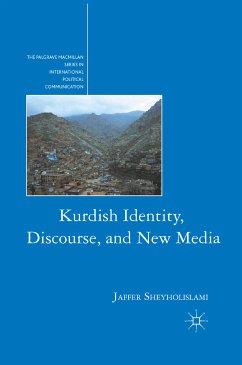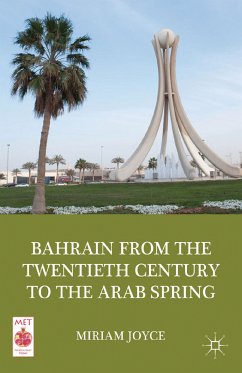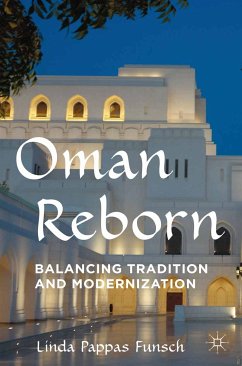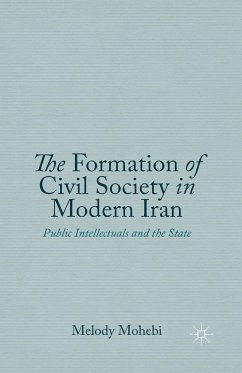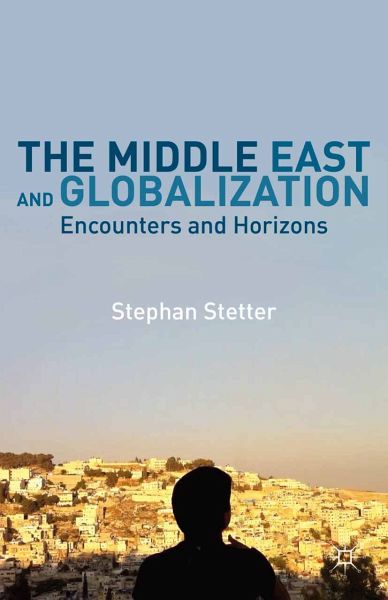
The Middle East and Globalization (eBook, PDF)
Encounters and Horizons
Versandkostenfrei!
Sofort per Download lieferbar
40,95 €
inkl. MwSt.
Weitere Ausgaben:

PAYBACK Punkte
20 °P sammeln!
The Middle East and Globalization discusses past and contemporary political, societal, economic, and cultural trends in the Middle East against the background of comprehensive theories of globalization. The chapters draw on a shared methodological approach, looking at the fractures and horizons of globalization that are shaping the Middle East.
Dieser Download kann aus rechtlichen Gründen nur mit Rechnungsadresse in A, B, BG, CY, CZ, D, DK, EW, E, FIN, F, GR, HR, H, IRL, I, LT, L, LR, M, NL, PL, P, R, S, SLO, SK ausgeliefert werden.



